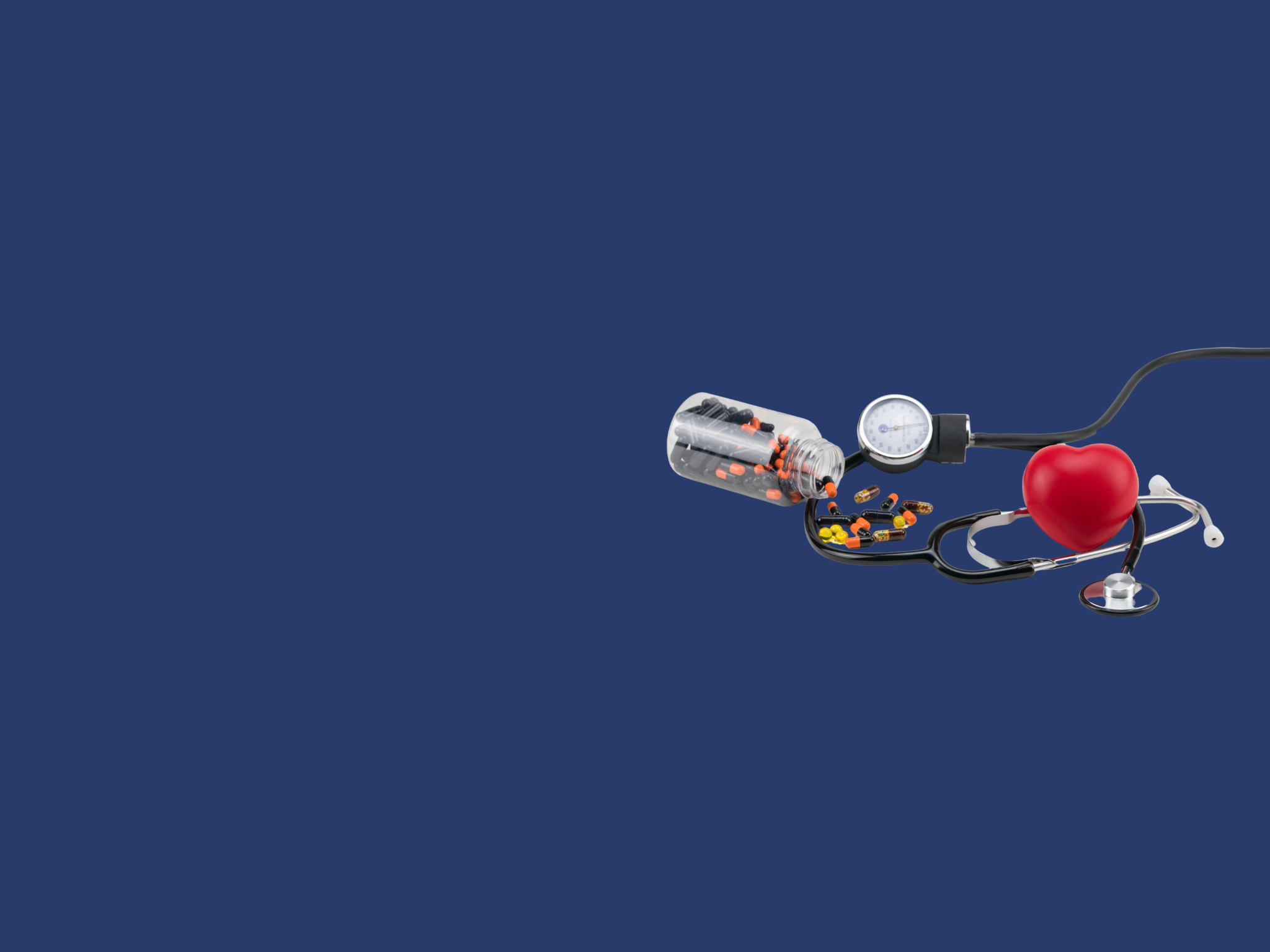
Portal hypertension
Portal hypertension is the elevated blood pressure in your portal vein and the smaller veins that branch off from it — your portal venous system.
Overview
Portal venous system drains the blood from your stomach, intestines, pancreas and spleen into your liver through the portal vein. Your liver filters the blood and afterward sends it back to your heart and into general flow in your body.
What are the risk factors?
Individuals with a high risk for liver disease and cirrhosis likewise have an increased risk for portal hypertension. People whose age is 50 are more bound to develop cirrhosis, and it is more common in men than in females.
Treatment
Your portal hypertension specialist in medchal might prescribe at least one of the following meds for portal hypertension:
Different factors that can expand an individual's risk for cirrhosis include:
- a history with alcohol use disorder
- type 2 diabetes
- overweight or obesity
Common symptoms might include:
- Jaundice
- Pain in right upper abdomen
- loss of appetite
- Weight loss
- Swelling in right upper abdomen
